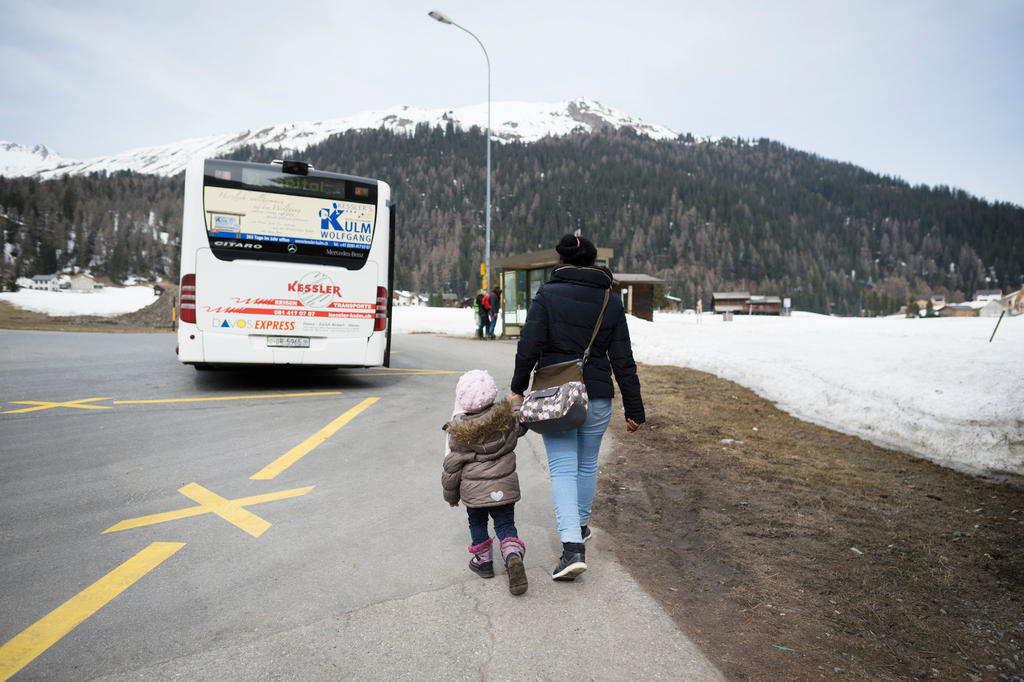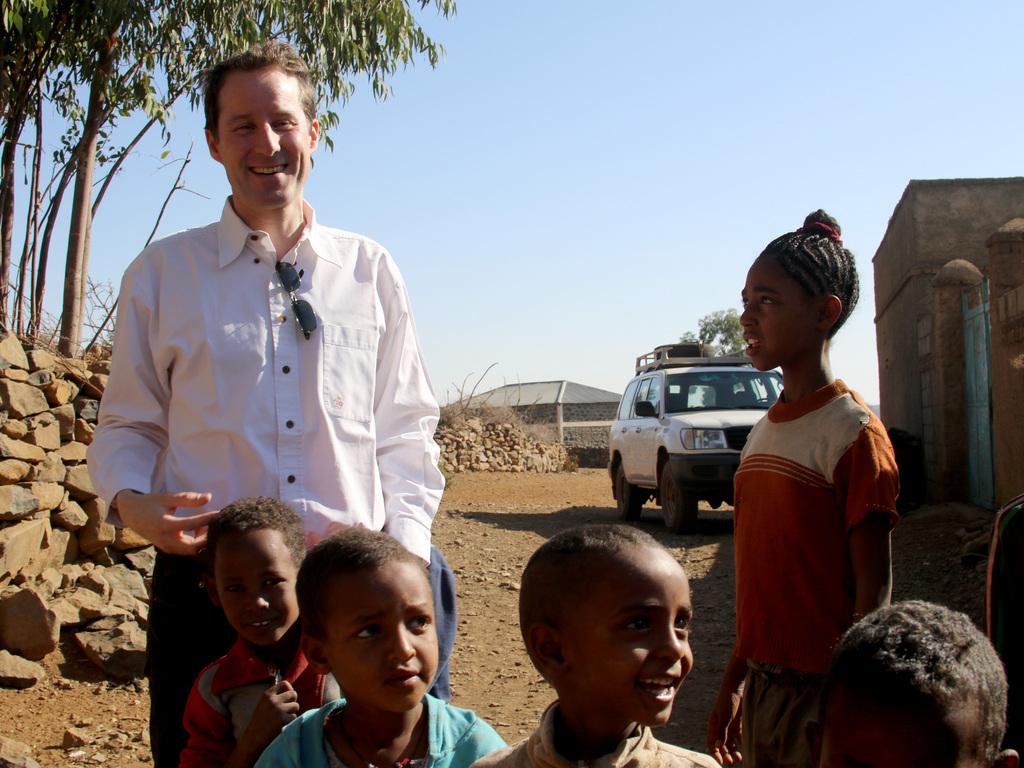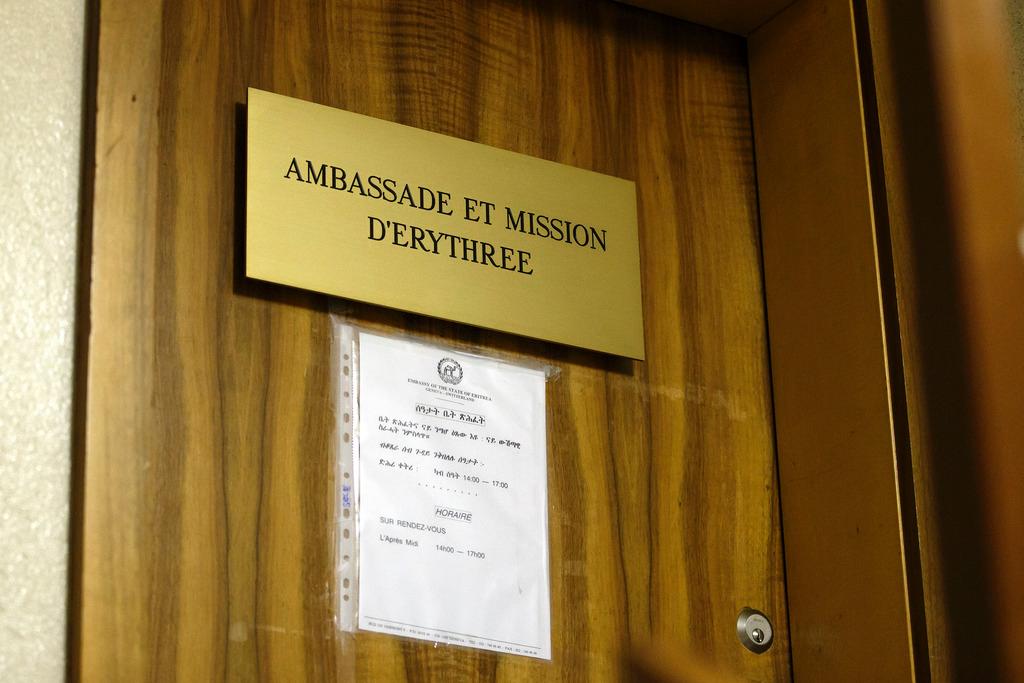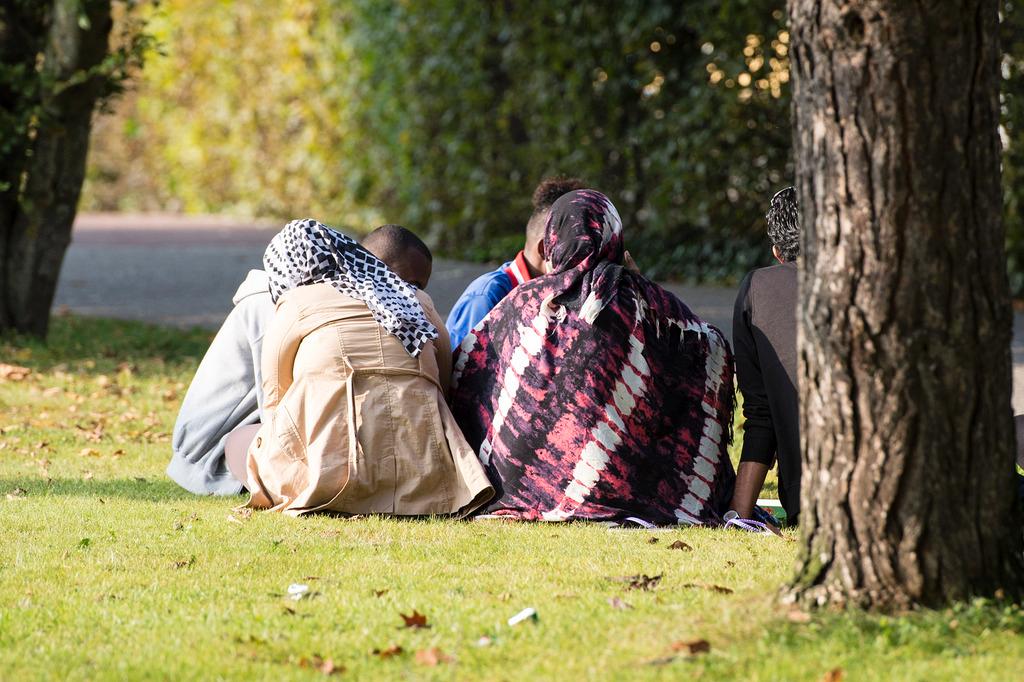Eritreans in Switzerland come under scrutiny

As a United Nations report accuses Eritrean leaders of crimes against humanity, some Eritreans who have been granted asylum in Switzerland are being accused of illicitly returning home on holiday, possibly with the help of the consulate in Geneva.
On Wednesday UN human rights investigators accused Eritrean leaders of crimes including torture, rape, murder and enslaving up to 400,000 people. They called for the case to be referred to the International Criminal Court (ICC).
Atrocities had been committed since the country’s independence in 1991 and were continuing, the UN Commission of Inquiry said in a report that was immediately rejected by the Eritrean government.
Eritrea’s poor treatment of its own people has motivated many thousands to flee the country, according to the UN’s refugee agency.
About 20,000 Eritreans live in Switzerland, the largest Eritrean diaspora in the world. In addition, Eritreans make up the largest national group of asylum seekers in Switzerland.
On Tuesday, Swiss Justice Minister Simonetta Sommaruga addressed recent reports in various Swiss media that some Eritreans regularly return home for holidays or to visit their families – information seized upon by parties on the right, who talk about a scandalous abuse of the law.
She told parliament, in response to a question on the issue from a member of the rightwing Swiss People’s Party, that the State Secretariat for Migration does not have exact figures on this issue, since someone who is recognised in Switzerland as a refugee does not need authorisation to leave the country.
They are not allowed, however, to have contact with the government of their country of origin, let alone return there. If they do so, they risk losing their recognised status as a refugee.
Sommaruga said that “in most cases it wasn’t a question of asylum seekers or refugees [returning to Eritrea] but of Eritrean citizens who had arrived in Switzerland years ago, some of whom had become naturalised [Swiss citizens].”
‘Instrument of propaganda’
This opinion was shared by Veronica Almedom, a member of the Federal Migration Commission who is originally from Eritrea. “They are above all people who fled before independence in 1991 and therefore weren’t victims of persecution by the regime of President Isaias Afwerki,” she told swissinfo.ch.
Almedom thinks the Eritrean government could be organising the visits through its diplomatic representations. The consulate in Geneva is the only institution able to authorise a return to Eritrea by handing out passports and entry visas.
“It’s an instrument of propaganda,” she said. “Eritrea is increasingly the target of international criticism and is doing everything it can to show that in fact the situation in the country is not at all problematic.”
The Eritrean consulate in Geneva did not respond to swissinfo.ch’s questions.
‘Biased’
Presidential adviser Yemane Ghebreab said the UN report was biased and based on false evidence and failed to take into account Eritrea’s achievements and the “continuing state of war” with neighbouring Ethiopia.
The central accusation of crimes against humanity was “laughable”, he said, adding that Eritrea was a “low-crime society” with only one or two rapes a year in a population of almost four million.
“Crimes in general are very rare in Eritrea. Anyone who has been to Eritrea will tell you that this is the case,” he said.
However, the report said visitors should not be fooled by the “general sense of calm and order” in the capital Asmara, because abuses were carried out in military training camps and detention centres.
“The facade of calm and normality that is apparent to the occasional visitor to the country, and others confined to sections of the capital, belies the consistent patterns of serious human rights violations,” it added.
Eritrea’s government did not allow the inquiry team to visit the country, although its diplomats met the investigators at the UN headquarters in New York and in Geneva.

In compliance with the JTI standards
More: SWI swissinfo.ch certified by the Journalism Trust Initiative





You can find an overview of ongoing debates with our journalists here . Please join us!
If you want to start a conversation about a topic raised in this article or want to report factual errors, email us at english@swissinfo.ch.